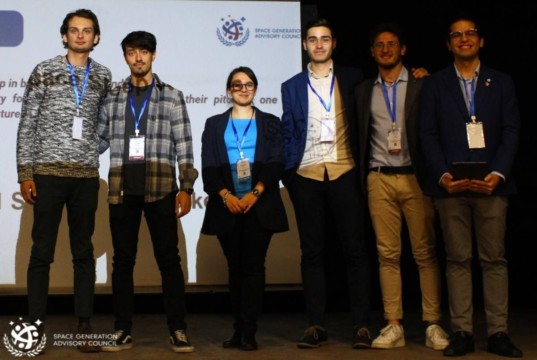The 4th SGAC Italian Space Start-Up Competition
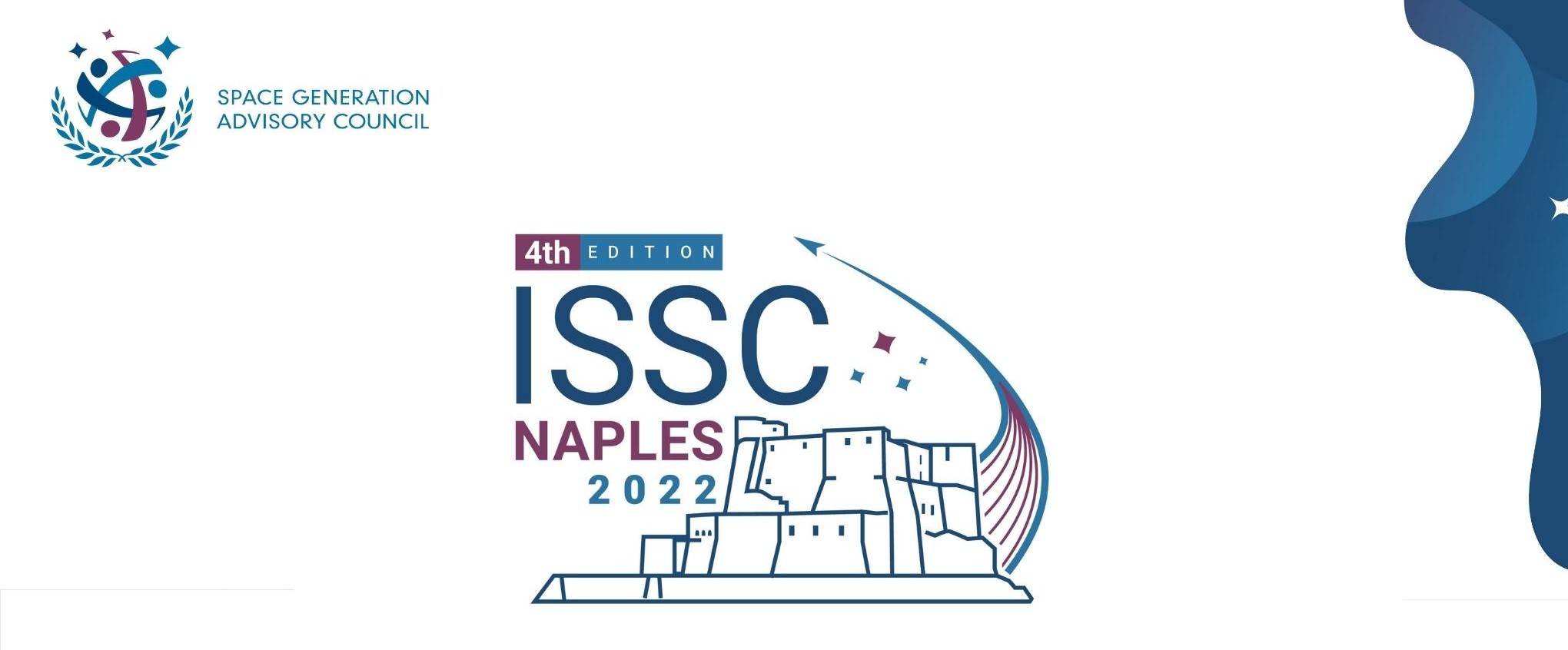
On November 12th and 13th , Eurisy attended the 4th Italian Space Start-Up Competition (ISSC) organised by the Space Generation Advisory Council (SGAC). The scope of the competition is not limited to specific disciplines, it is as wide as the full space value chain.
Throughout the week-end students and young professionals had the opportunity to explore break-through ideas, interact with experts, work in teams, and structure them into feasible business cases.
Competition is an extremely powerful innovation tool, it favours a thinking-out-of-the-box approach, stimulates cooperation and creativity, ensuring the strengthening of analytical and critical thinking, prioritisation of tasks, and the development of new skills serving the achievement of the best possible outputs.
This competition offered to the participants a realistic test ground to assess the viability of their ideas and to form the next generation of astropreneurs.
After three previous editions, the ISSC moved to Naples, where about 20 participants with diverse backgrounds gathered to transform their ideas into potential commercial products.
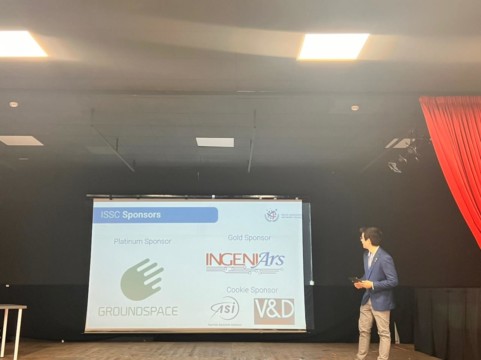
Partners and sponsors – from Eurisy, Telespazio to AIDAA, DAC, IngeniArs, CNS and GroundSpace – have been asked to present how they respond to the challenges selected by the organisers with their portfolio of solutions, products, and services. Among the topics identified, special attention was paid to the UN Sustainable Development Goals (SDGs) and the contribution of space technology to the fulfilment of the objectives of the goals, in particular climate change, less than a week away from the COP27 Global Conference.
Special reference was made to greenhouse gas (GHG) emissions and to the monitoring of major pollutants deriving from road freight transport. Other challenges proposed to the competing teams concerned the monitoring of natural hazards and agriculture, to observe biochemical and physical variables of the land, such as temperature, nutrients, and soil moisture, among others.
Eurisy contributed with its own peculiar approach, challenging the participants to shift their mindset from a technology-development to a user-centred method, focused on a market-oriented perspective and aiming at addressing actual users’ needs. Through the presentation of three success stories on the topics of agriculture, disasters and climate change impacts in urban areas, we urged participants to engage in a co-design process starting from the translation of the needs into technical requirements and, eventually, into actionable information. Such a perspective was greatly appreciated: it allowed to understand how crucial it is to develop a dialogue with end-users to help them understand how space can help them meet their needs, providing them with additional elements to further develop their solutions.
Eurisy served also as a Jury member, and was asked to gauge the 6 finalist teams against a set of evaluation criteria, such as the team composition and the background diversification; the value proposition of their ideas, in terms of services and/or products to potential customers; the commercial approach/business plan; the clarity and quality of the presentation; the medium/long-term feasibility of the business idea; the topic awareness and their knowledge of the state-of-the-art of the identified market; and the originality of their ideas .
Each of the Jury Members assigned a special award to the team they evaluated with the highest score. Eurisy selected as its own winner the “Space Sleep Walkers” team.
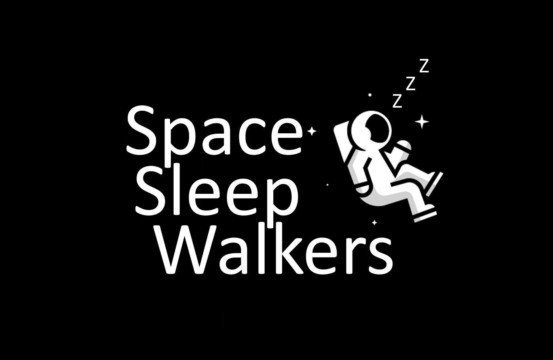
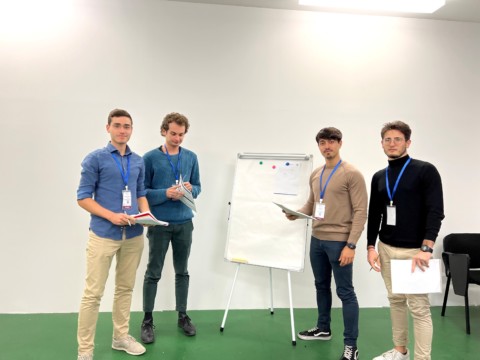
The team, composed by 3 aerospace engineering students and a medical doctor, develop their business idea starting from previous medical studies that highlighted how astronauts on extended space missions lose on average more than 1% of bone mass per month developing osteoporosis and osteopenia. A similar condition can be developed on Earth by patients with serious illnesses, bone traumas or the elders. In order to help astronauts to reduce the effects of osteoporosis, the team came up with a solution that could be used in microgravity and, at same time, on Earth: the Space Sleep Walker. It entails two sensors applicable in the lower part of the body that apply a gradual compression between the tibia and fibula, and on the femur in an alternating manner…while sleeping! The devices activate during the body’s resting phase to ensure a smooth and gradual adaptation to the stimulations produced with no body stress increased. Such a solution aims at innovating through a space technology spin-off the existing tools to cure similar illnesses, testing them earlier in microgravity.
The final prize includes a mentoring scheme offered within the Eurisy team and the opportunity to present the Space Sleep Walker at a future Eurisy conference to boost the case, explore synergies with partners and, why not, find investors!
This fourth edition of the Italian Space Start-up competition was the occasion for many students to develop solutions that, in the future, could have an impact on the space sector. These competitions represent a great exercise to strengthen the start-up ecosystem, create new start-ups, and support astropreneurship.
